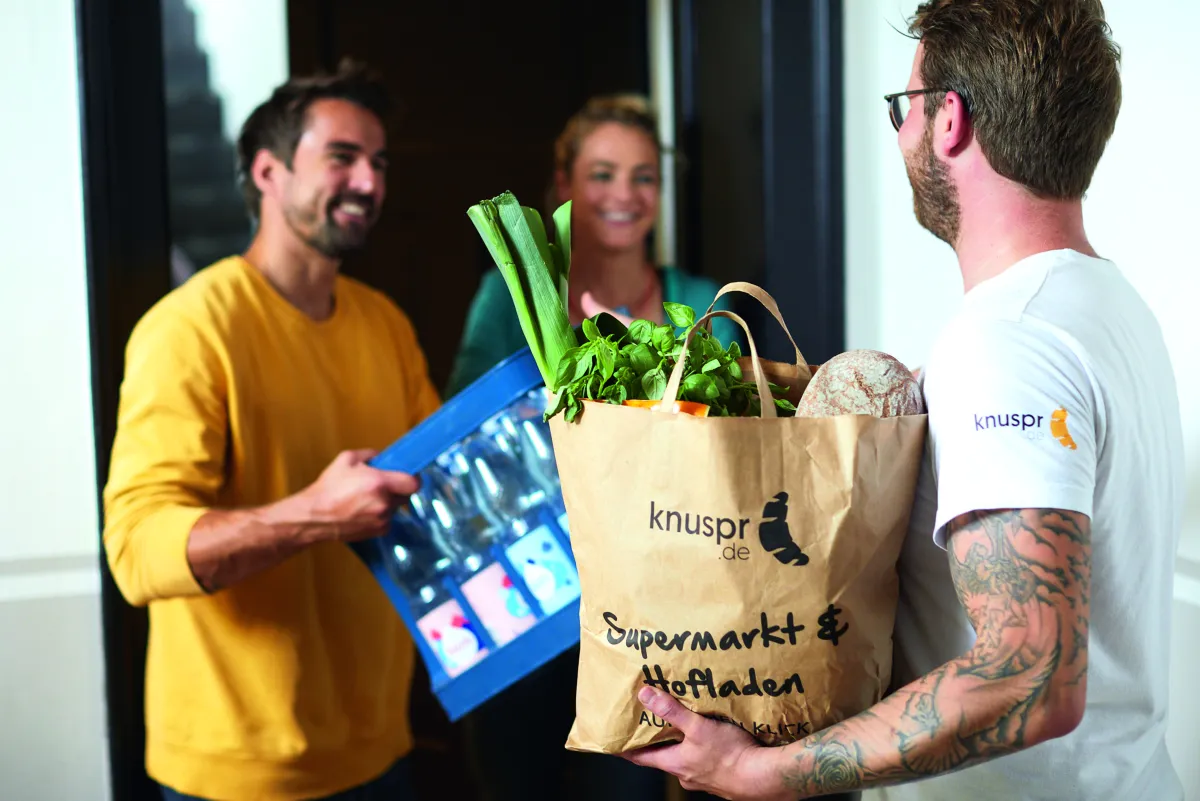Rohlik secures $170M to expand its European grocery delivery service and market its technology to other businesses

The salad days of fresh grocery delivery startups are over, but those that have stayed the course and built businesses that are seeing gains are still here and hungry for more growth. One such survivor is the Czech grocery delivery company Rohlik, which announced $170 million in new funding on Friday.
Rohlik, which means “baker” in Czech (and also refers to a little roll the baker might make), has aimed to carve out a differentiated position in the market. Instead of reproducing what a large supermarket might sell online or stock in a physical store, Rohlik focuses on operating smaller warehouses and forging ties with local producers and sellers, such as butchers and fishmongers. In line with its name, Rohlik bakes bread at its distribution centers.
“To replace Rohlik, you would have to do five different shops,” Tomáš Čupr, the CEO and founder of Rohlik, told TechCrunch in an interview. The service offers some 17,000 SKUs, with delivery slots available within 1 to 2 hours of ordering.
In 2023, Rohlik served 800,000 customers. Now, the plan is to use the fresh funding to expand its model in Europe, with a target of launching in 10 more cities over the next six years.
In addition to service expansion, Rohlik aims to enhance its technology, including logistics and analytics software, as well as robotics for sorting and picking. The company plans to license this technology to other delivery players, helping them build out their own local networks and delivery operations modeled on what Rohlik has built. Čupr said that the tech platform licensing initiative will launch later this year.
The European Bank for Reconstruction and Development (EBRD) is the lead investor in Rohlik’s latest funding round. Previous backers Sofina, Index Ventures, Quadrille, and TCF Capital also participated, along with the European Investment Bank (EIB) under its Scale-Up Initiative. The EIB portion is debt, which Čupr described as a “minority” of the full amount.













